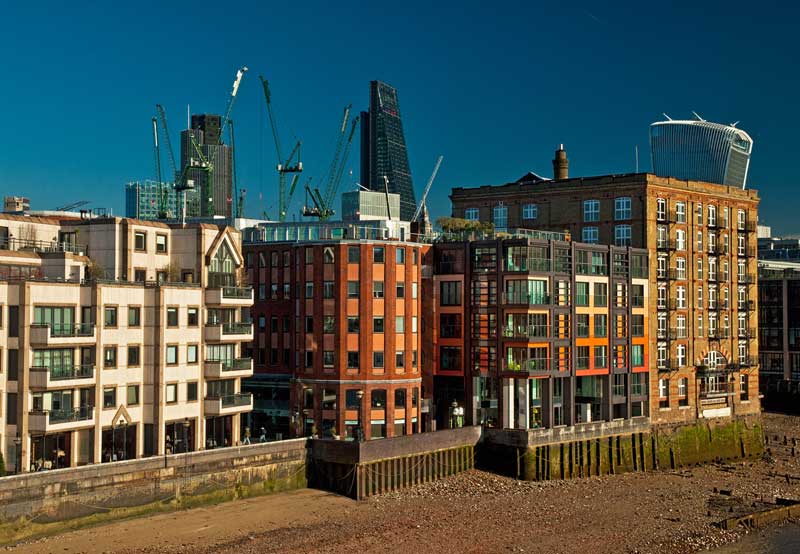17
June 2016
Developer Reports New Home Reservations Down by a Fifth
Major developers Berkley Homes reported on Wednesday that the number of reservations for new homes had dropped by 20% in the run up to the EU referendum.
According to the group, while underlying demand remains relatively strong, a combination of factors have led to a slowdown in activity, particularly in the top end of the market.
A statement from Berkley said: “Global macro uncertainty and the impending EU Referendum have had a dampening effect on investment levels across all businesses and this is likely to continue up to and immediately after the result of the Referendum. This, along with the market adjusting to higher levels of property transaction taxes, has affected the upper end of the housing market in London, although underlying interest and demand remain good.”
The group’s managing director, Rob Perrins, told Reuters that all of this had led to “a lack of urgency in the market” as buyers and investors hold off on decisions until the results of the referendum are in.
The chairman and founder of Berkley, Tony Pidgley, placed his group firmly in the remain camp regarding the referendum, but assured shareholders that he was confident that his business would continue to survive and flourish regardless of the outcome.
He said: “The outcome of next week’s referendum on Britain’s membership of the European Union is significant for the UK’s housebuilding and property sector. Berkeley supports a vote to remain in the EU. London’s status as the world’s best big city is underpinned by labour mobility, cultural diversity and a constant influx of talent and investment from around the world, and the UK economy in turn is powered by the success of our capital city.
However, London will always be a world city and a highly desirable place to live, work and play. For Berkeley, our brand, our land holdings and our forward sales will continue to differentiate and underpin our performance over the long term and, while we have a clear view about what the better outcome would be on Thursday 23 June, we are confident about the future for our business.”
Those in the remain camp have repeatedly argued that following a vote to leave, house prices are likely to drop. While this would, in the immediate term, affect profit margins for developers like Berkley, it is also likely to, in the longer term, give domestic demand something of a boost as the affordability gap shrinks, assuming that wages continue to grow at the same modest pace they are growing at currently.
Berkley’s profits fell slightly over the year, with pre-tax profits for the year to April coming in at £531 million – a little under the previous year’s figure of £540 million but still just about surpassing expectations. The group argued that nonetheless, they still expect the aggregate profit target of £2 billion for the three year period from 2015-18 to be met. In order for this target to be met, annual profits would need to increase to an average of £750 million over the next two years.
This would require Berkley to step up the rate at which they are starting new construction projects, having started none in the first five months of this year.
The danger with Berkley in particular is that their average selling price per unit is particularly high compared to other developers, since their focus is largely on properties in the capital. And as such, they are particularly sensitive to fluctuations in higher end of the UK’s property market.
Liberum Capital’s Anthony Codling said that given this, Berkley’s future profits (at least for the next few years) are likely to be more affected by the outcome of the referendum than other businesses in the same industry.
He said: “Berkeley has the highest private average selling price and the highest exposure to central London, which means that it has the highest share of discretionary buyers. It has therefore most to lose from uncertainty in the wake of a possible leave decision, as the stock market has already figured out quite clearly. On the flip side, it should be the biggest beneficiary of a remain decision.”





